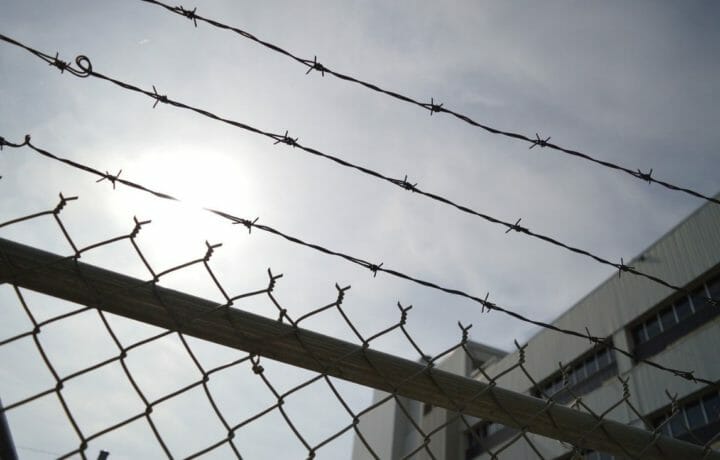Malaysian businessman Leonard Glenn Francis – who has become infamously known as “Fat Leonard” – was sentenced this week to 15 years in jail for his role in what has been described as the largest corruption scandal to impact the United States Navy. Francis had pleaded guilty in 2015 to bribing senior Navy officials, only to skip a previous sentencing hearing.
He had been due for sentencing in 2022 after acknowledging that he masterminded a decade-long bribery scheme, in which officials were given millions of dollars in cash, provided luxury travel, top-shelf liquor and cigars, and even prostitutes. In exchange, France received classified information and used it to overcharge the U.S. Navy $35 million for his company’s services to the 7th Fleet based in the Indo-Pacific.
Instead of showing up for sentencing, Leonard cut the GPS monitor he wore while on house arrest and fled the United States, only to be arrested in Venezuela and brought back to the U.S. last December. Prosecutors have said that the 15-year sentence resulted from Francis’ first guilty plea, his past cooperation with the government, and his failure to appear for the original sentencing.
In addition to forfeiting $35 million in proceeds from his crimes, Francis was also ordered to pay $20 million in restitution to the sea service and a $150,000 fine.
“Leonard Francis lined his pockets with taxpayer dollars while undermining the integrity of U.S. Naval forces,” U.S. Attorney Tara McGrath said in Tuesday’s statement. “The impact of his deceit and manipulation will be long felt, but justice has been served today.”
His company, the Singapore-based Glenn Defense Marine Asia (GDMA), a husbanding company that serviced U.S. Navy ships in the Asia Pacific region, was also sentenced on Tuesday to five years of probation and was fined $36 million.
“Mr. Francis’ sentencing brings closure to an expansive fraud scheme that he perpetrated against the U.S. Navy with assistance from various Navy officials. This fraud conspiracy ultimately cost the American taxpayer millions of dollars and weakened the public’s trust in some of our Navy’s senior leaders. Mr. Francis’ actions not only degraded the 7th Fleet’s readiness but shook the Fleet’s trust in its leadership who furthered his corrupt practices,” said Kelly P. Mayo, director of the U.S. Department of Defense Office of Inspector General, Defense Criminal Investigative Service (DCIS).
“The exhaustive joint investigation exemplifies the lengths DCIS and its investigative partners will go to in order to pursue justice for the American taxpayer and our warfighters,” added Mayo. “DCIS will continue to protect our nation’s precious resources so they are not lost to illicit schemes that only serve one’s greed and self-aggrandizement to the detriment of our national security.”
The Fat Leonard Scheme
This remains among the largest bribery schemes in U.S. military history and involved nine members of the U.S. Navy’s Seventh Fleet, who were indicted by a federal grand jury in March 2017 for conspiring with Francis and for receiving bribes.
GDMA regularly overbilled the U.S. Navy for goods and services, including fuel, tugboats, and sewage disposal.
Leonard was lured to the United States and was arrested in San Diego on September 16, 2013. He remained in pretrial custody until December 18, 2017, when the court granted his request for release pending sentencing due to a medical condition.
After he pleaded guilty, he cooperated with authorities and provided investigators with information about those involved in the scheme. Corroborated information assisted the U.S. in its investigation. Yet, while under house arrest, he cut his ankle monitor and fled the country.
According to the U.S. Department of Justice, the overarching fraud and bribery case has resulted in federal criminal charges against 34 U.S. Navy officials, defense contractors, and Francis’ company GDMA. The felony convictions of four former U.S. Navy officers were vacated, however, following allegations of prosecutorial misconduct.
“The scandal exposed a serious weakness in operational logistics and procurement,” explained Dr. Robert Sanders, associate professor in the National Security Department at the University of New Haven.
“If the conflict with China ever goes kinetic, this weakness must not persist,” Sanders told ClearanceJobs.




